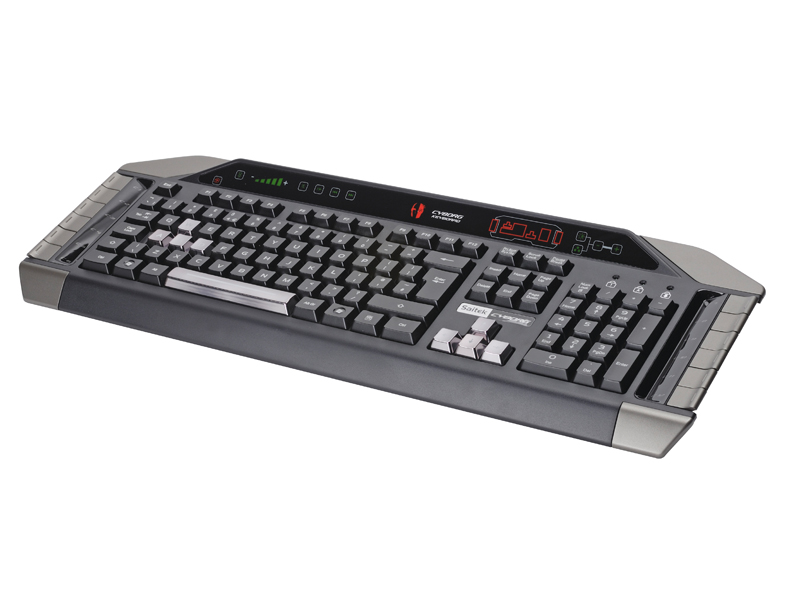PCs are boring - and it's the keyboard's fault
Opinion: Why can't computers just detect our movements instead?

Sign up for breaking news, reviews, opinion, top tech deals, and more.
You are now subscribed
Your newsletter sign-up was successful
What does a computer look like? It's a box, a keyboard, a screen and a mouse. Sometimes the box is stuck to the screen or to the keyboard or
. But for the last 20 years at least, a personal computer has comprised all these parts in some form or other.
And I'm bored of it.
Why can't we figure out a way to make inputting text more intuitive than clacking mechanical tiles? Why do we always need to drag a little arrow around the screen to interact with certain special shapes and regions of the picture? Why can't we think of more interesting output mechanisms than a flat pattern of coloured lights?
Alan Turing imagined the abstraction of a computer as an infinitely long tape with a read/write head that moved back and forth along it, yet we've allowed ourselves to get boxed into this one specific implementation of a computer, as if nothing else would look right, somehow.
I want a Wiimote built into a pen that's accurate enough to capture everything I write. I want smart LEGO bricks that detect their spacial relationship to each other so they can maintain a virtualisation of the model I am building. I want a very fine grid of metal pins that displays 3D graphs and landscapes or embossed letters.
Sign up to the TechRadar Pro newsletter to get all the top news, opinion, features and guidance your business needs to succeed!
I want a bed of iron filings that can be moved by a fluctuating magnetic field and which will detect any adjustments I make. I want a set of ten rings that will monitor the position of all my fingers so I can wave, point or draw in thin air, or on my desk, and the computer will recognise my movements.
None of these things are impossible. Most of them aren't even especially difficult. But they don't get built, because they would lead to something that didn't look like a computer. This paradigm is so deeply ingrained that when we say "3D graphics" we actually mean "a two-dimensional optical illusion of a 3D object or scene" and everyone understands this.
When we think of the computer of the future, we just think of bigger screens, or tiny screens mounted on contact lenses, but they are still just screens. We think of keyboards projected onto the desk with a laser or where each key is a tiny little colour screen, but they're still keyboards.
These are not the only ways to interact with a general purpose symbolic processing machine, nor are they the best. But geeks only build the things they see on TNG or read about in Heir to the Empire. It falls to the humanities graduates to create the science fiction that we want eventually to inhabit.
I shall, therefore, shortly be pitching my script for Tomb Raider: The Secret of the Lego Computer to major movie studios.